Uncategorized
-
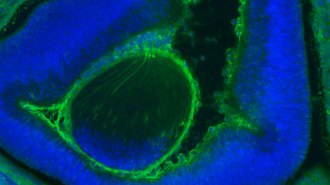 Genetics
GeneticsNew hybrid embryos are the most thorough mixing of humans and mice yet
Human-mice chimeras may usher in a deeper understanding of how cells build bodies.
-
 Humans
HumansA gene variant partly explains why Peruvians are among the world’s shortest people
A gene variant reduces some Peruvians’ height by about 2 centimeters, on average, the biggest effect on stature found for a common variation in DNA.
-
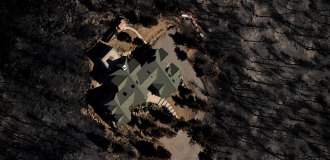 Climate
ClimateHow to protect your home from disasters amplified by climate change
How people can make their homes and communities more resilient to the effects of climate change, including floods, fires, heat and drought.
-
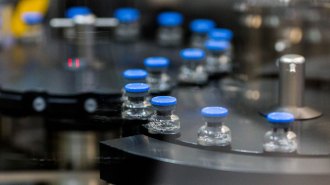 Health & Medicine
Health & MedicineThe new COVID-19 drug remdesivir is here. Now what?
Remdesivir may shorten recovery time for some people, but it isn’t available to everyone and it won’t end the pandemic on its own.
-
 Health & Medicine
Health & MedicineKids can develop severe complications from COVID-19 in rare cases
Respiratory failure has occurred in some infected children and an emerging inflammatory disease may be connected to the coronavirus.
-
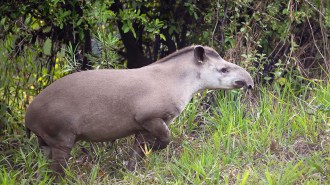 Ecosystems
EcosystemsTapirs may be key to reviving the Amazon. All they need to do is poop
Brazilian ecologist Lucas Paolucci is collecting tapir dung to understand how the piglike mammals may help restore degraded rain forests.
-
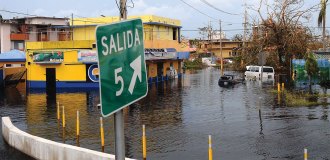 Climate
ClimateWhat data do cities like Orlando need to prepare for climate migrants?
As researchers wrestle with how to anticipate future population shifts due to climate change, possible “destination cities,” like Orlando, Fla., prepare for an influx.
-
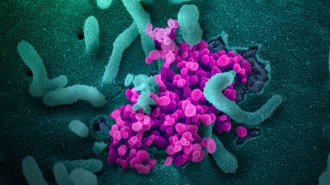 Health & Medicine
Health & MedicineLoss of smell and taste may actually be one of the clearest signs of COVID-19
Data from a symptom tracker smartphone app used by millions of people shows two-thirds of positive patients reported losing these senses.
-
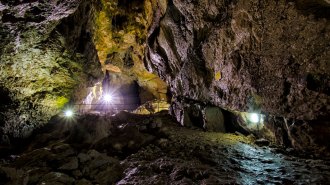 Anthropology
AnthropologyThe earliest known humans in Europe may have been found in a Bulgarian cave
New finds from Bulgaria point to a relatively rapid expansion of Homo sapiens into Eurasia starting as early as 46,000 years ago, two studies suggest.
By Bruce Bower -
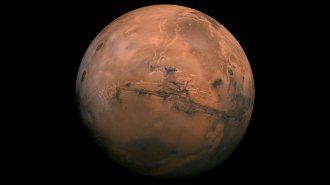 Space
SpaceSalty water might exist on Mars, but it’s probably too cold for life
Salty liquids may last for several hours on the Red Planet but be too chilly for any known microorganisms from Earth to survive, simulations suggest.
-
 Climate
ClimateWhat Michael Moore’s new film gets wrong about renewable energy
Michael Moore’s Planet of the Humans challenges renewable energy’s ability to fight climate change, but it’s riddled with errors and old information.
-
 Health & Medicine
Health & MedicineFlorence Nightingale understood the power of visualizing science
Florence Nightingale showed simple sanitation measures could stop infectious diseases’ spread, a timely message given the ongoing coronavirus pandemic.
By Sujata Gupta